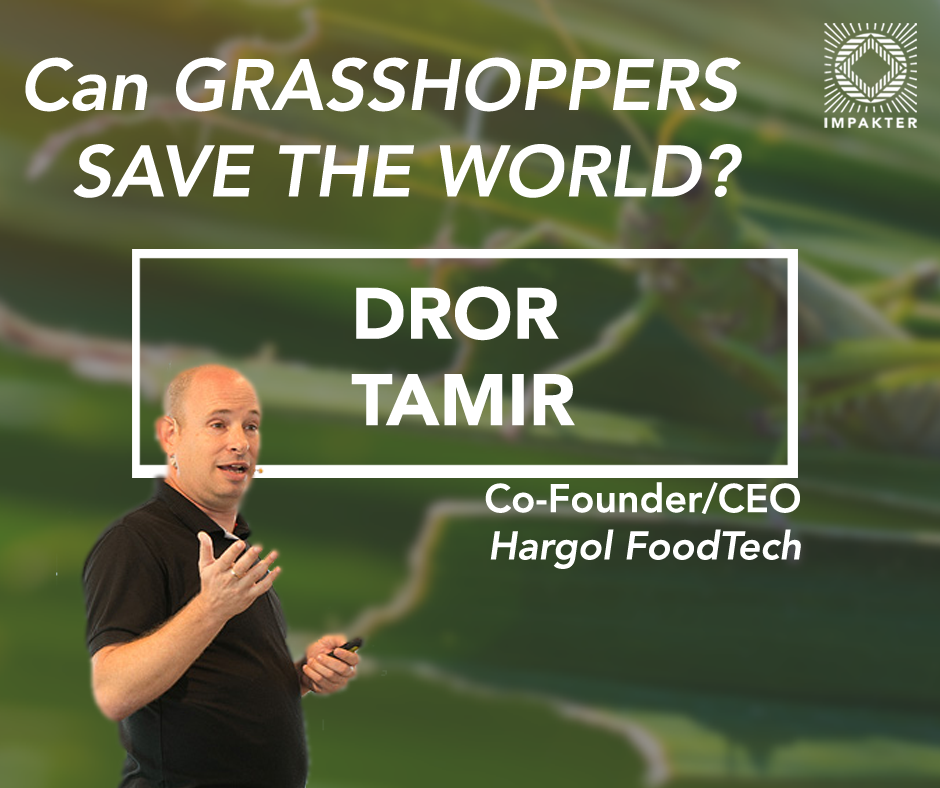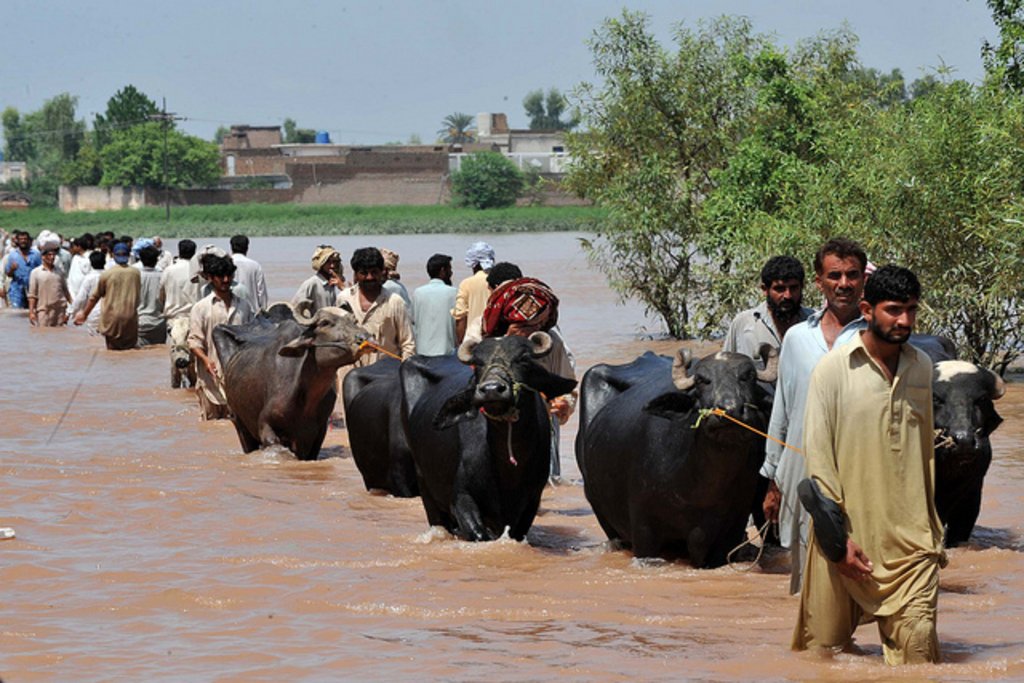Dror Tamir is a 10-times international award-winning food and nutrition entrepreneur, passionate about improving the health of children and families worldwide.
Tamir is the co-founder and CEO of Hargol FoodTech, the world’s first commercial grasshopper farm. The Israeli-based startup aims to produce an alternative source of protein that is found in edible grasshoppers.
Grasshopper protein is superior to current protein strands, with much lower levels of saturated fat and Cholesterol, as well as having a greater density of amino acids. This makes it a healthier choice than traditional large-animal based sources.
Moreover, grasshopper farming is significantly more environmentally sustainable than other forms of food production, due to its very low water footprint, near-zero greenhouse gas emissions and lack of waste. Hargol’s innovative vertical farming methods also allow for efficient and year-round production that make it a secure and reliable food source.
Insects present an interesting ethical alternative to vegetarianism and veganism, due to the fact that they do not feel pain. Moreover, grasshoppers are the sole kosher and halal friendly insect, making them perhaps an even more ethical choice than other edible insects, such as caterpillars.
Dror Tamir, therefore, believes that grasshoppers are likely to be a major food source of the future, whereby efficient farming techniques, alongside their high nutritional value and ethical nature make them a clear choice for both consumers and businesses.
Before Hargol FoodTech, Dror Tamir was CEO and founder at Plate my Meal, a start up dedicated to the development and marketing of simple-to-use healthy eating tools being sold in Israel and the USA. Dror was also the co-founder and manager at Cooking with Tami, a company dedicated to cooking workshops for young children to educate them about healthy eating.
We recently had the chance to speak to Dror Tamir at The Economist’s Feeding the Future Summit in London. Please see the link below to find out more about Dror’s vision for the future and his hopes for a world in which the majority of people live of an insect-based diet.










